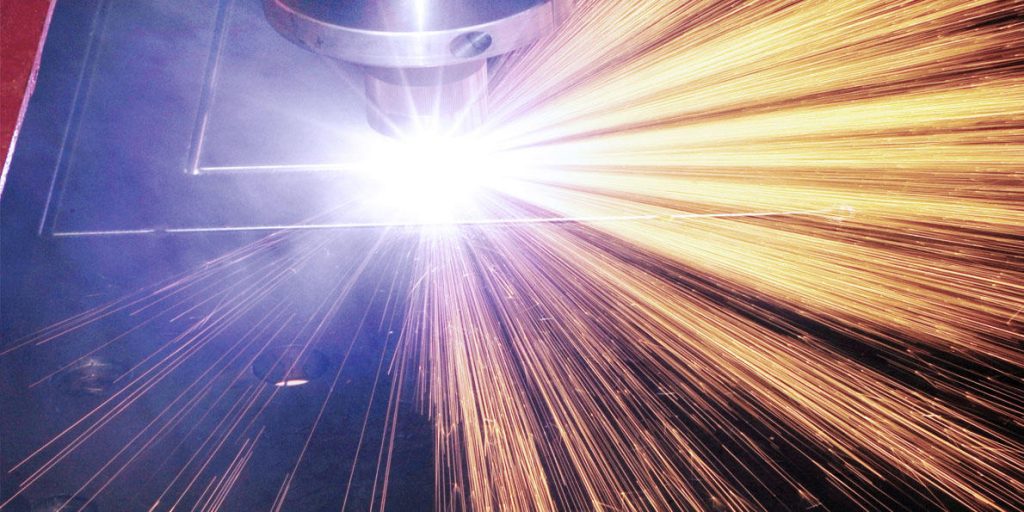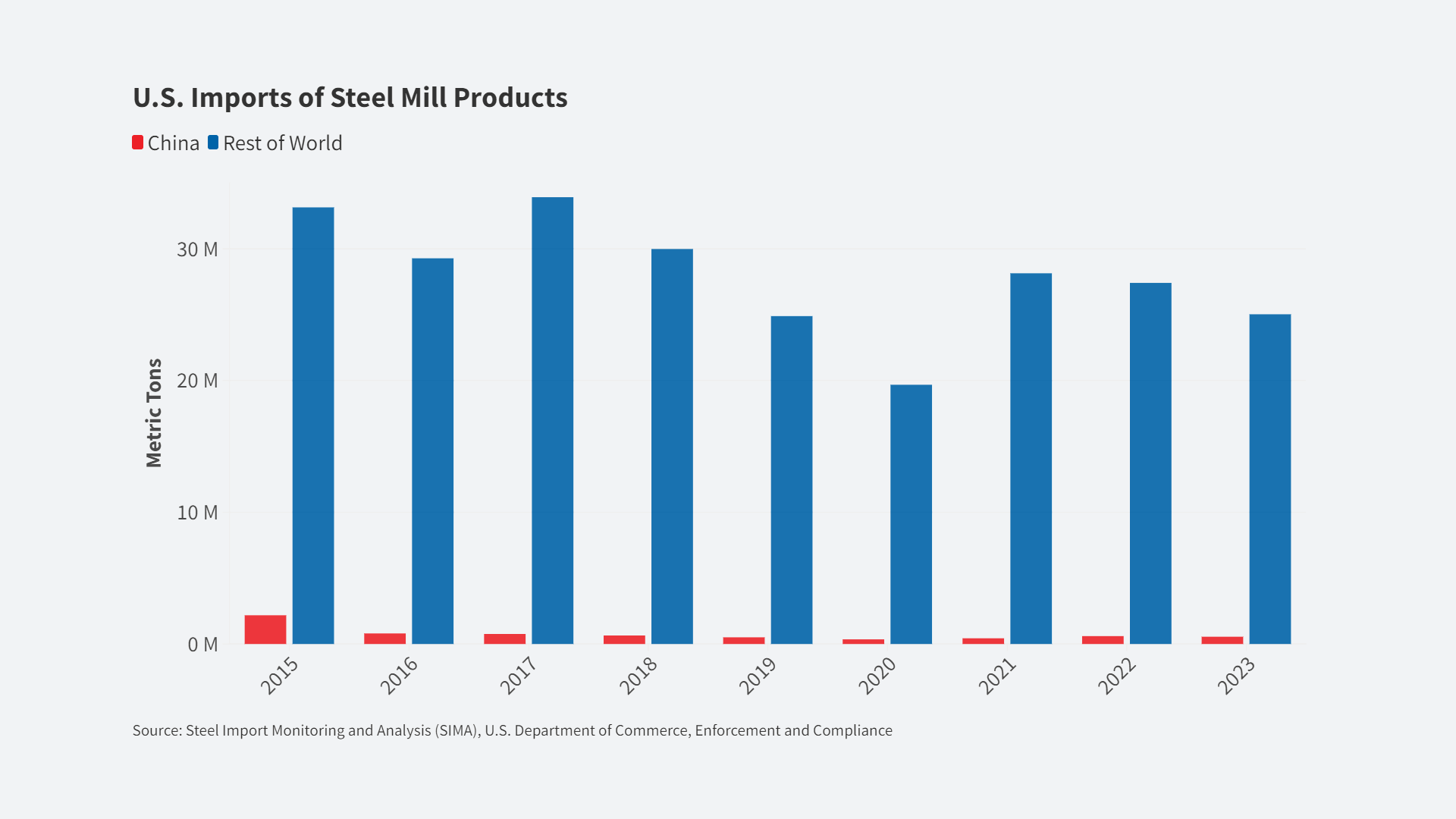Donald Trump last month rejected a Chinese proposal to cut steel overcapacity despite it being endorsed by some of his top advisers, as he urged them instead to find ways to impose tariffs on imports from China.
[Demetri Sevastopulo | August 30th, 2017 | Financial Times]
One week after the July G20 summit in Hamburg, at which Mr Trump criticised China for flooding the world market with cheap steel, Beijing proposed cutting steel overcapacity by 150m tonnes by 2022. But Mr Trump twice rejected the deal, according to several people familiar with the internal debate.
The offer came the week before US and Chinese officials held a high-level economic dialogue that had been set up by Mr Trump and Chinese president Xi Jinping in April. Wilbur Ross, US commerce secretary, endorsed the deal and brought it to Mr Trump, but the president rejected the proposal.
Mr Ross, a long-time friend of the president, floated the deal again the following week during the two-day meetings with Chinese vice-premier Wang Yang, but Mr Trump once again refused to accept it, according to a US official and another person familiar with the debate.
“The president had by then decided that he wanted to do something much broader,” said the US official, who added that the Chinese proposal for cutting steel overcapacity was significant. “It was fairly sizeable amounts. But the amounts don’t really matter [since] by then the president had decided that he wanted to go in a different direction — more towards tariffs than cutting excess capacity.”
Asked why Mr Trump had rejected the proposed deal, a White House spokesperson said: “We don’t comment on purported internal discussions between the president and his cabinet members.” The Chinese embassy did not respond to several requests for comment.
According to the people familiar with the debate, Mr Trump rejected the offer in a contentious meeting that left Mr Ross licking his wounds. One former official said Mr Ross looked shocked when he returned to the talks with Mr Wang after being told by Mr Trump that the deal was a non-starter.
“Trump is more eager than some of his cabinet members for a true reset of the economic relationship with Beijing, and he probably is frustrated that some of them are thinking along traditional lines as opposed to a disruptive strategy,” said Dennis Wilder, a former top Bush administration China expert.
The rejection of the Chinese proposal came several weeks before the ouster of Steve Bannon, the former White House chief strategist who was one of the most hawkish on China trade. The deal was also opposed by Peter Navarro, another China trade hawk who urged Mr Trump to veto the deal.
Chris Johnson, a China expert at the Center for Strategic and International Studies and former top CIA China analyst, said the Trump administration would continue to take a hard line on China over trade even after the departure of Mr Bannon the week before last.
“Bannon was the muse for economic war with China, but it is not dead just because he is gone,” said Mr Johnson.
On the second day of the US-China economic talks — dubbed the “comprehensive economic dialogue” — both sides abruptly cancelledpress briefings, and did not release a joint statement, as it became clear that they had nothing concrete to show for their efforts.
China was upset by the outcome because the offer was seen as an effort to ward off a possible separate action on steel by the Trump administration. During the G20, the White House made clear that Mr Trump was still considering imposing punitive measures on Chinese steel exports on national security grounds by using a little used provision of a 1962 trade law that is known as Section 232.
But even though Mr Trump rejected the steel deal, he later decided to postpone any move on 232 out of concern that it would antagonise some lawmakers in Congress and complicate efforts to enact tax reform, his priority for the rest of the year as he struggles to secure a first big legislative win.
The US official said that while the administration would continue to enforce trade cases against China, Mr Trump had shifted his focus away from steel for now. “The president has made clear . . . that the immediate priority is the tax bill and he is not seeking to introduce things that could create issues with the Congress regarding the tax bill.”
The debate over steel has also had an impact on the role of Mr Ross, who with Steven Mnuchin, the Treasury secretary, had been leading trade negotiations with China. Mr Ross was initially appointed Mr Trump’s de facto trade tsar, but appears to have lost his role as the leader of Mr Trump’s trade team after suffering several defeats in internal battles linked to China.
Mr Ross and his commerce department team were also criticised by the business community for an early trade deal with Beijing that, while it saw the resumption of US beef exports to China, produced few other concrete results.
Two of Mr Trump’s major trade initiatives — an investigation into China’s intellectual property practices and the renegotiation of the North American Free Trade Agreement with Canada and Mexico — are now being led by Robert Lighthizer, the media-shy US trade representative.
Another US administration official rejected suggestions that there was friction between Mr Ross and Mr Lighthizer, saying they “speak every day and collaborate closely”.
He said observers might get the impression that the relationship had changed but that was only because Mr Lighthizer had now been confirmed after a delay in Congress that left Mr Ross operating without the USTR for several months.













